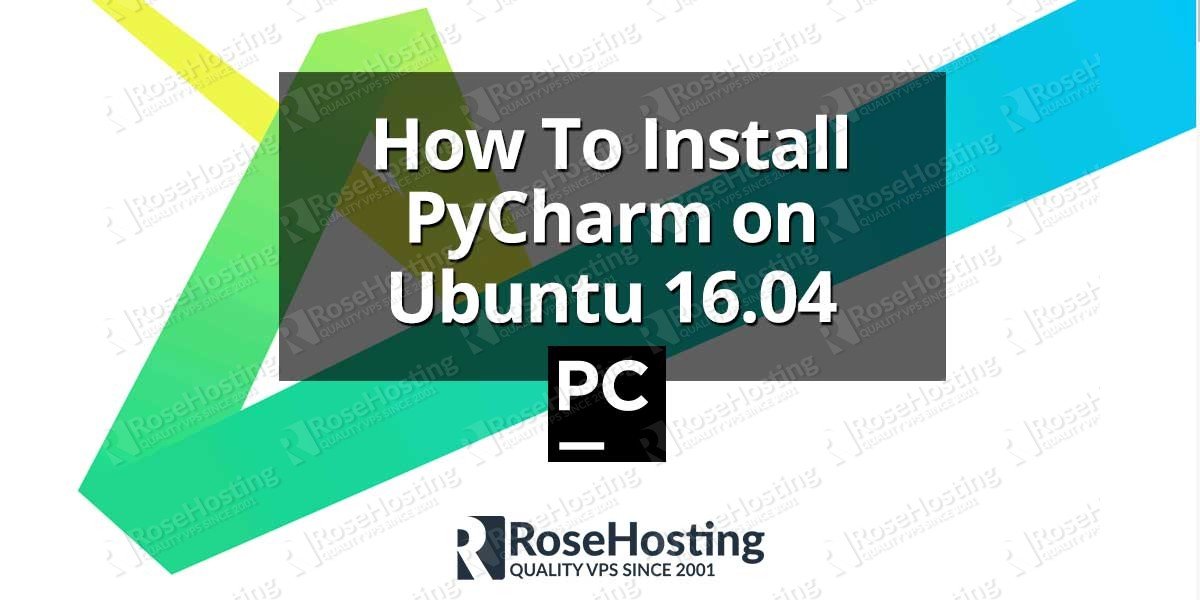
Table of Contents
1. Check if you already have the Java Development Kit installed
If you have a JDK installed, then there is no need for you to complete steps 1 and 2. To see your version of the JDK, open a terminal on your system and enter the following command:
java -version
If you get an output similar to “The program ‘java’ can be found…”, or “java: command not found”, then you do not have any version of Java installed. If you do not have Java installed, proceed to step 2.
2. Install OpenJDK 8

sudo apt-get install -y openjdk-8-jre-headless
This can take a couple of minutes since the combined install size is somewhat large in size. The download speed will depend on your internet connection.
Once the installation process is done, execute the following command to check your java version:
java -version
The first line of output should look similar to this:
openjdk version "1.8.0_151"
If it does, then you have successfully installed OpenJDK on your Ubuntu system.
3. Add the Ubuntu Make repository
In order to install PyCharm, we will need to add the Ubuntu Make repository. Enter the following command to install the new repo:
sudo add-apt-repository -y ppa:ubuntu-desktop/ubuntu-make
Once this is done, proceed to step 4.
4. Finish the installation of the new repository
In order to finish the installation of Ubuntu Make, we must update apt-get. Do this by executing the following command:
sudo apt-get update
Once that is finished, you can proceed to step 5.
5. Install umake
Before installing PyCharm, we must install the ubuntu-make package using the following command:
sudo apt-get install -y ubuntu-make
When finished, move onto step 6.
6. Install PyCharm on Ubuntu 16.04 with umake
To install the community version of PyCharm, execute the following command:
umake ide pycharm
To install the professional version of PyCharm, execute this command:
umake ide pycharm-professional
Umake will prompt you to choose an install directory. If you want, you can change this. But for this tutorial, we will leave it unchanged (/home/<username here>/.local/share/umake/ide/pycharm). Because PyCharm is a large program, the download and install process can take a few minutes.
Once this is done, you can now go back to your Ubuntu desktop, where you will find PyCharm on your sidebar. Simply click the icon to run it.

PS. If you liked this post on installing PyCharm on Ubuntu 16.04, please share it with your friends through the social networks by using the buttons on the left, or simply leave a reply below. Thanks.

Why not just use snap since JetBrains supports it now?
$ sudo snap install pycharm-professional –classic
or
$ sudo snap install pycharm-community –classic
There is no specific reason, both umake and snap will do the job.
It is pretty easy and good
Hey,After installation when i try to run pycharm,its not running.Please help me
You need to provide more details about your issue, check the error log for more information.